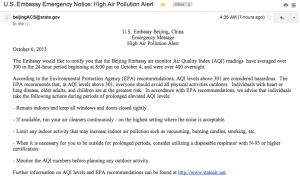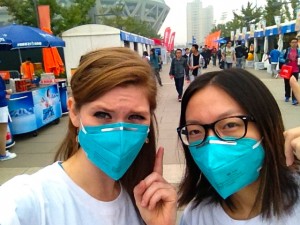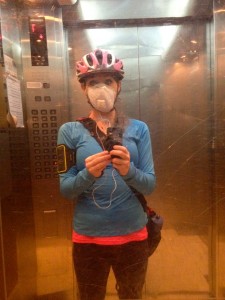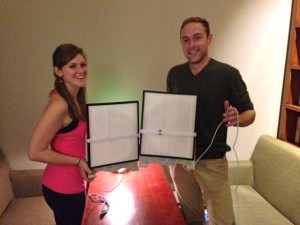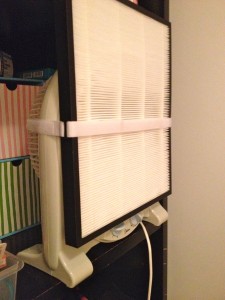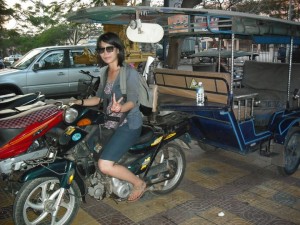
GT’s turning 25!
This month I’m celebrating a few cool milestones:
- I’m turning 25 (October 19)!
- I’ve been in Beijing, China for a year and a half (October 6)!
- I’m running a half marathon for charity (October 20)!
Want to know how to celebrate with me?
Help me raise money for charity.
October 20, I’ll be running in the 2013 Beijing Marathon, aiming to complete the half marathon. A half marathon is 13.1 or 21.1km.
Why am I running?
To help raise funds for the United Foundation for Children’s Health (UFCH), which helps provie life-saving surgeries to orphans in China. I’ll be writing about individual cases in an upcoming post. My company, United Family Healthcare (UFH), supports UFCH by providing time, expertise, and 1% of gross revenue in medical services to treat orphans and other impoverished children in need of quality medical care. It’s a pretty cool group, and my coworkers and I running in the marathon are all running to raise funds for UFCH.
How do I donate?
If you’e donating in USD ($), follow these steps:
1. Click this link to go to PayPal.
2. Fill in preliminary information, for “to” email address use gift@unitedfoundation.org.
3. Next page will ask you either quick register or put user ID (proceed accordingly).
4. Fill in all the required information to submit the donation.
5. Before you push “Send Money,” there is an option to send an email to the United Foundation (DO IT). In the spot, include the following information:
• UFCH BJ Marathon Charity event
• Name of person you are sponsoring
• Amount donated
• Transaction ID (optional)
6. Send ME (Ginny) an email, telling me you donated and the amount, so I can THANK YOU!
If you’e donating in RMB (¥), follow these steps:
1. Click this link to go to YeePay.
2. Scroll down the page until you see the fields to enter information.
3. Fill in all the information accordingly.
4. In the “我的祝福” – please have your sponsor include the following information:
• Name of person sponsoring
• UFCH BJ Marathon Charity event
• Donation Amount
5. Send ME (Ginny) an email, telling me you donated and the amount, so I can THANK YOU!
All pledging should be completed by October 23, but I’m looking to wrap things up by my birthday, Saturday, October 19!
If you miss the actual day, that’s OK, we still have until October 23.

2013 Beijing Marathon course
This is the race course from the Beijing Marathon site.



